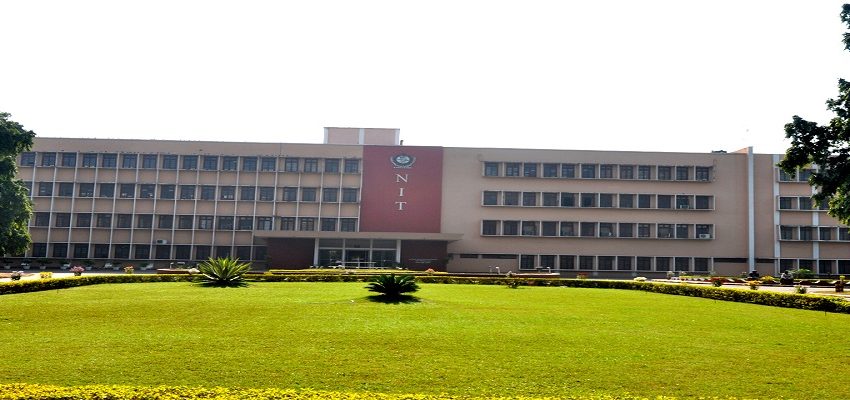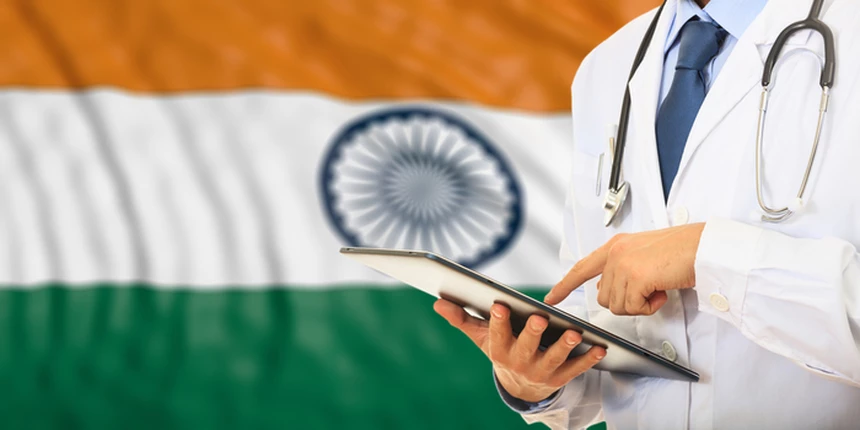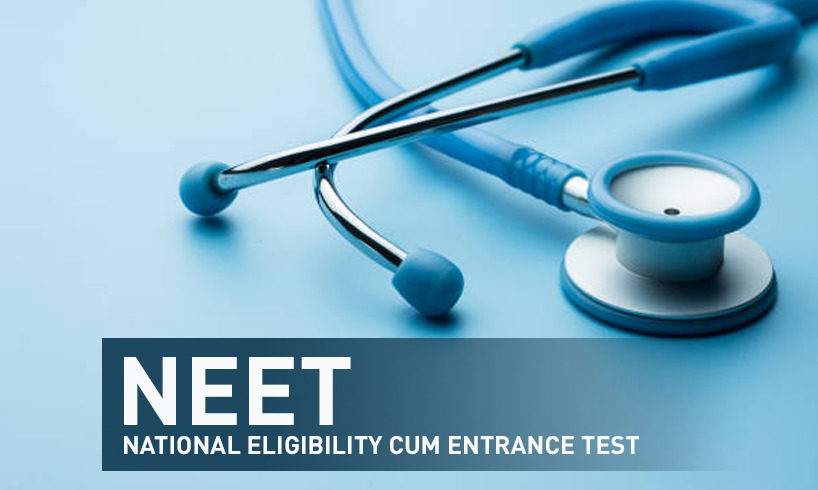NIT : NOT LESS THAN IIT's
Published - Thu, 20 Oct 2022

NIT : NOT LESS THAN IIT's
The National Institutes of Technology (NITs): are a group of higher education engineering institutes in India. Comprising thirty autonomous institutes, they are located in one each major state/territory of India. On their inception decades ago, all NITs were referred to as Regional Engineering Colleges (RECs) and were governed by their respective state governments. A parliamentary legislation in 2002 brought them under the direct purview of India's federal government. In 2007, through legislation, the Indian government declared these schools as Institutes of National Importance at par with the Indian Institutes of Technology.
NITs were found to promote regional diversity and multi-cultural understanding in India. Therefore, in the NIT school system, 50% of the student population in each batch is drawn from the respective state of the NIT and the other 50% is drawn from the rest of India on a common merit list. This is different than the Indian Institutes of Technology or IITs - another prominent engineering school system in India. An IIT need not accept specified number of students from any region of India as the IIT admission criteria is based only on the performance of a student in an entrance examination.
NITs offer degree courses at bachelors, masters, and doctorate levels in various branches of engineering and technology. Various nationwide college surveys rate most of the NITs over other colleges in India, except for the IITs and a few other institutions. NITs function autonomously, similarly to IITs, sharing only entrance tests. The autonomy enables the NITs to set up their own curriculum, thereby making it easier to adapt to changing industry requirements. The admissions to the Undergraduate Programmes at these institutions for all Indian and Foreign nationals are made through the Joint Entrance Examination (JEE) Main.
List of NITs in India
Among all the 31 NITs in India, NIT Patna, established in 1886, is the oldest while NIT Goa, NIT Manipur, NIT Meghalaya, NIT Mizoram, NIT Nagaland, NIT Puducherry, NIT Sikkim, NIT Uttarakhand, NIT Andhra Pradesh are recently formed institutions.
MHRD has assigned ranking to almost all the NIT. NIT Calicut had the highest seat intake for BTech programmes with 909 seats while NIT Goa, Manipur, and Mizoram contains the lowest seats at 150.
NIT Trichy (NITT), 1964
NIT Karnataka (NITK), 1960
NIT Rourkela (NITRKL), 1961
NIT Warangal (NITW), 1959
NIT Calicut (NITC), 1961
NIT Nagpur (VNIT), 1960
NIT Durgapur (NITDGP), 1960
NIT Silchar (NITS), 1967
NIT Jaipur (MNIT), 1963
NIT Allahabad (MNNIT), 1961
NIT Kurukshetra (NITKKR), 1963
NIT Jalandhar (NITJ), 1987
NIT Surat (SVNIT), 1961
NIT Meghalaya (NITM), 2010
NIT Patna (NITP), 1886
NIT Raipur (NITRR), 1956
NIT Srinagar (NITSRI), 1960
NIT Bhopal (MANIT), 1960
NIT Agartala (NITA), 1965
NIT Goa (NITG), 2010
NIT Jamshedpur (NITJSR), 1960
NIT Manipur (NITMN), 2010
NIT Hamirpur (NITH), 1986
NIT Uttarakhand (NITUK), 2010
NIT Puducherry (NITPY), 2010
NIT Arunachal Pradesh (NITAP), 2010
NIT Sikkim (NITSKM), 2010
NIT Delhi (NITD), 2010
NIT Mizoram (NITMZ), 2010
NIT Nagaland (NITN), 2010
NIT Andhra Pradesh (NITANP), 2015
NIT Trichy (NITT), 1964
NIT Karnataka (NITK), 1960
NIT Rourkela (NITRKL), 1961
NIT Warangal (NITW), 1959
NIT Calicut (NITC), 1961
NIT Nagpur (VNIT), 1960
NIT Jaipur (MNIT), 1963
NIT Kurukshetra (NITKKR), 1963
NIT Silchar (NITS), 1967
NIT Durgapur (NITDGP), 1960
NIT Allahabad (MNNIT), 1961
NIT Jalandhar (NITJ), 1987
NIT Surat (SVNIT), 1961
NIT Meghalaya (NITM), 2010
NIT Bhopal (MANIT), 1960
NIT Raipur (NITRR), 1956
NIT Agartala (NITA), 1965
NIT Goa (NITG), 2010
NIT Jamshedpur (NITJSR), 1960
NIT Patna (NITP), 1886
NIT Hamirpur (NITH), 1986
NIT Puducherry (NITPY), 2010
NIT Manipur (NITMN), 2010
NIT Arunachal Pradesh (NITAP), 2010
NIT Srinagar (NITSRI), 1960
NIT Delhi (NITD), 2010
NIT Mizoram (NITMZ), 2010
NIT Nagaland (NITN), 2010
NIT Sikkim (NITSKM), 2010
NIT Uttarakhand (NITUK), 2010
NIT Andhra Pradesh (NITANP), 2015
Created by
Comments (0)
Search
Popular categories
Tracing letters Aa to Zz Worksheets | Trace Alphabet Letter Aa-Zz Printable Worksheets
26Lowercase Alphabet Letter a - z Tracing Printable Worksheets
26Engineering
5MEDICAL
3IELTS
1Latest blogs

What is BDS?
Thu, 20 Oct 2022

MBBS an Option for Medical Students
Thu, 20 Oct 2022

About NEET
Thu, 20 Oct 2022

Write a public review